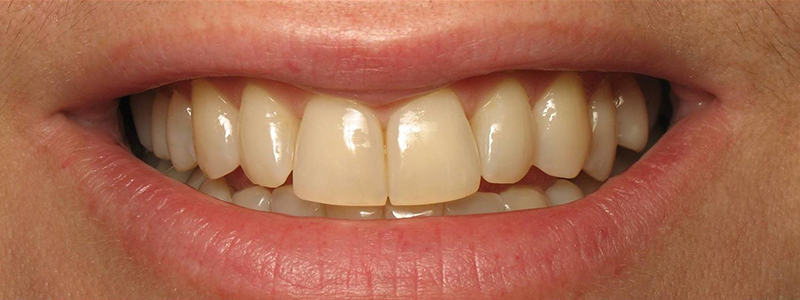Stress is an inevitable part of modern life, and its effects can reach far beyond mental well-being, significantly impacting physical health, including dental health. While most people are aware of the general health issues associated with stress, such as heart disease and high blood pressure, many do not realize how stress can affect their teeth and gums.
1. Bruxism (Teeth Grinding)
One of the most common dental issues related to stress is bruxism, or teeth grinding. Stress and anxiety can cause individuals to grind their teeth, often unconsciously, especially during sleep. Over time, bruxism can lead to:
- Tooth Wear
- Jaw Pain
- Headaches
Management Tips:
- Wear a Nightguard: A custom-fitted nightguard can protect your teeth from grinding damage.
- Stress Reduction Techniques: Practices such as meditation, yoga, and deep breathing can help manage stress levels.
- Professional Help: Consult with a dentist or therapist for techniques to reduce bruxism.
2. Gum Disease
Chronic stress can weaken the immune system, making it harder for the body to fight off infections, including those in the mouth. This can lead to an increased risk of gum disease (gingivitis and periodontitis). Symptoms include:
- Red, Swollen Gums
- Bleeding Gums
- Bad Breath
Management Tips:
- Maintain Good Oral Hygiene: Brush twice a day, floss daily, and use an antimicrobial mouthwash.
- Regular Dental Check-Ups: Regular visits to the dentist can help detect and treat gum disease early.
- Healthy Diet: Eating a balanced diet rich in vitamins and minerals supports immune function and gum health.
3. Dry Mouth
Stress can lead to dry mouth, or xerostomia, due to the body’s fight-or-flight response, which reduces saliva production. Saliva is essential for neutralizing acids in the mouth and washing away food particles and bacteria. A lack of saliva can result in:
- Increased Risk of Decay
- Difficulty in Chewing and Swallowing
Management Tips:
- Stay Hydrated: Drink plenty of water throughout the day to keep your mouth moist.
- Sugar-Free Gum: Chewing sugar-free gum can help stimulate saliva production.
- Avoid Caffeine and Alcohol: These can exacerbate dry mouth symptoms.
4. Canker Sores
Stress is a known trigger for canker sores, small, painful ulcers that appear inside the mouth. These sores can make eating, drinking, and talking uncomfortable.
Management Tips:
- Avoid Irritants: Stay away from spicy, acidic, or rough foods that can aggravate canker sores.
- Use Over-the-Counter Treatments: Products like topical pastes and mouth rinses can help soothe and heal canker sores.
- Stress Management: Reducing stress can help decrease the frequency of canker sores.
5. Neglect of Oral Hygiene
During stressful periods, individuals may neglect their oral hygiene routines, leading to a buildup of plaque and an increased risk of cavities and gum disease.
Management Tips:
- Stick to a Routine: Maintain a consistent oral care routine, even during stressful times.
- Set Reminders: Use reminders or set alarms to ensure you brush and floss daily.
- Seek Support: If stress is overwhelming, seek support from friends, family, or a mental health professional.
Stress can have a significant impact on dental health, contributing to a variety of oral health issues. By recognizing these effects and taking proactive steps to manage stress and maintain good oral hygiene, you can protect your teeth and gums from the adverse effects of stress. Regular dental check-ups, a balanced diet, and stress management techniques are vital for protecting your teeth and gums during challenging times. Let Dr. Nikita Agarwal and the expert team at Studio Dentale guide you toward a healthier, stress-free smile!





